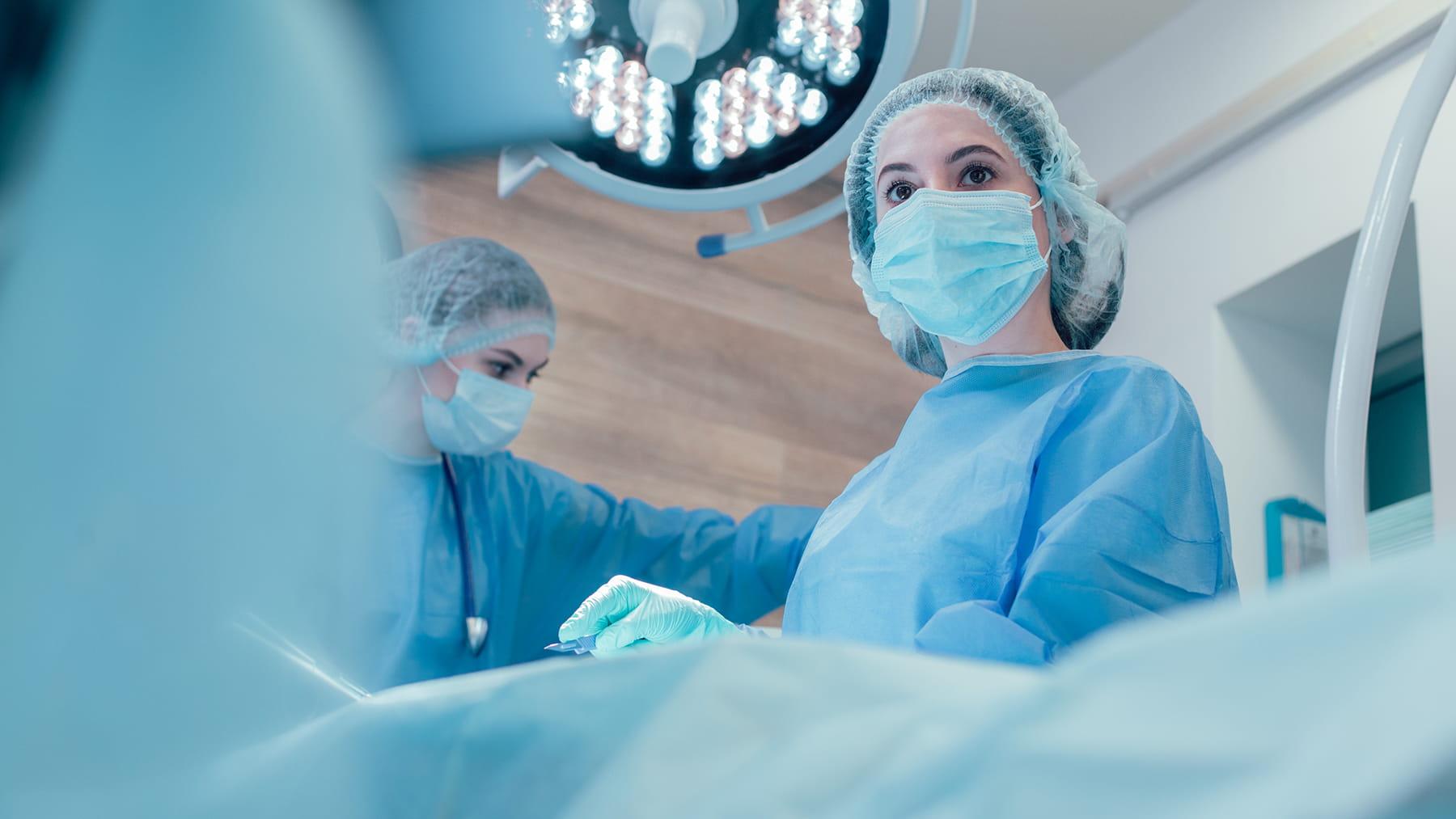What to expect as all medical procedures and surgeries reopen

Editor’s note: As what we know about COVID-19 evolves, so could the information contained in this story. Find our most recent COVID-19 blog posts here, and learn the latest in COVID-19 prevention at the Centers for Disease Control and Prevention.
Hard work and sacrifice are paying off. As in other parts of the country, by limiting our movements and reducing our exposure to COVID-19, Ohioans have so far been able to prevent a massive spike in cases that could have overwhelmed our state’s hospitals and health care workers.
We’re now entering a cautious time of recovery. That means states have lifted certain restrictions, such as the order that postponed nonessential surgeries in Ohio’s hospitals beginning March 19.
During the COVID-19 outbreak, our hospitals have continued to perform surgeries and other medical procedures if there’s a threat to a patient’s life, a risk of permanent organ damage or the progression of disease or rapidly worsening symptoms. Beginning May 1, as Gov. Mike DeWine outlined, we resumed many outpatient surgeries and procedures that did not require an overnight hospital stay. Beginning June 3, we’ll resume performing all medical procedures, including those that require an overnight hospital stay.
We’ll be moving into this phase with an abundance of care and caution.
As The Ohio State University Wexner Medical Center’s surgeon in chief, I want to emphasize this point.
Multiple expert workgroups have reviewed all aspects of the process of resuming medical procedures over recent months. Gradually, we've begun rescheduling patients, starting with outpatient procedures, all while ensuring that the safety of our patients and staff is our priority.
After sheltering in place so recently to prevent the spread of COVID-19, it may still feel strange to go to a health care facility now. However, our everyday protocols have been enhanced to make our already excellent facilities safer and cleaner than ever. We're especially prepared to get patients to their healthiest selves, whether that's a routine procedure or major surgery. Here's what to expect:
We’ll be checking in with patients to reassess their individual needs.
If your procedure was postponed, you’ll soon receive a call from Ohio State to set up a telehealth appointment with your provider to see how you’re doing and discuss your procedure.
You’ll make the decision with your health care provider.
During your telehealth appointment, you’ll talk one-on-one with your provider about your condition and your risks involving COVID-19 and come to a joint decision about proceeding with the procedure. Each case will be reviewed and considered individually to ensure that the proper safety precautions are in place.
You may be tested for COVID-19.
You will be tested if you're receiving care that requires you to be admitted for staying overnight or longer. This will help us determine the risks to you and our medical staff and help us better protect all of our patients. If you test positive, that doesn’t necessarily mean you won’t be scheduled. It just means you may need to wait longer, if possible, or that our team will be aware while you’re in our care.
If your procedure moves forward, you can feel secure in the knowledge that the hospitals are safe.
We’ve worked tirelessly over the last several weeks to ensure that our patients are protected through the restriction of visitors, regular screening of staff, isolation of COVID-19 patients, use of appropriate personal protective equipment and many other measures.
For example, we clean and disinfect near-constantly, using hospital-approved disinfectant while wearing appropriate PPE. Between patients, we disinfect all equipment, exam tables, counters, chairs, light switches, door knobs and any other surface a patient could have come in contact with. Appointment times are staggered to ensure minimal exposure between patients. In-office waiting spaces have been altered to maintain physical distancing of at least six feet. And, whenever possible, we’ll help you skip the waiting room altogether and directly enter your exam room after check-in.
We’ve learned quickly from COVID-19 and made great strides in updating our safety protocols and making sure we have the necessary equipment to protect our medical staff at all times.
Again, I realize that this is a difficult time. But remember that, while we wrestle with this worrisome outbreak, we still must look out for all aspects of our health. Don’t let fear of COVID-19 get in the way of taking care of yourself.
Timothy Pawlik is the surgeon in chief of The Ohio State University Wexner Medical Center, the chair of the Department of Surgery in the Ohio State College of Medicine and a professor of surgery.




